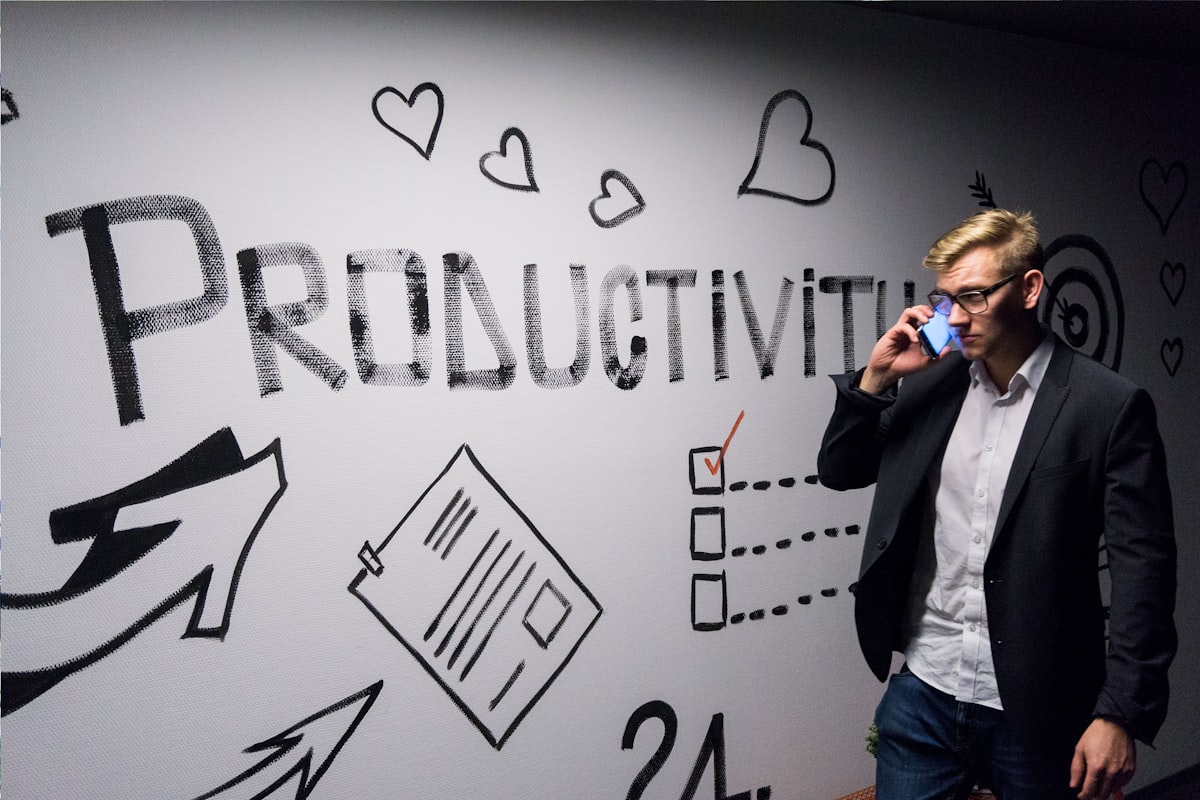Tiny improvements add up
Try to identify your most challenging and repetitive tasks, then see if you can find ways to complete them faster—one tiny percentage at a time. In this fast-paced moving world, you should strive for a competitive edge to stay ahead of the crowd. All the tiny improvements add up.

I often try to enhance my daily routines by optimizing them. I aim to perform repetitive tasks faster and with less effort than before. Although, I must confess that I have not always been successful in this regard. But I always have great fun trying and learning a ton.
Even though I realize I am at an extreme, it surprises me when I meet folks at the opposite end of the spectrum. I have met people who are entirely averse to trying new things, improving upon old ones, or at least never prioritizing taking the time or even thinking about it. They're, for the most part, just satisfied with what they know and the way things have been done.
I've sometimes helped people in the right direction by mentioning a keyboard shortcut or tool that'll shorten the time they perform a specific task by a magnitude, and they're grateful for it. Sometimes it feels like people are unaware of where to search or how to improve their daily processes. Which is a shame, as it has such a huge impact.
And it does not take much effort to learn a few keyboard shortcuts that you use most often; search the interwebs if there's a new tool that does X that you do repetitively throughout the day. And why not hire someone to write you an automation script to do those pesky chores (delegation is always king)? Finally, in this age of AI tools, be sure to sign up for Bard or ChatGPT to give you that extra boost in performance. The list can be made long.
Try to identify your most challenging and repetitive tasks, then see if you can find ways to complete them faster—one tiny percentage at a time. In this fast-paced moving world, you should strive for a competitive edge to stay ahead of the crowd. All the tiny improvements add up.